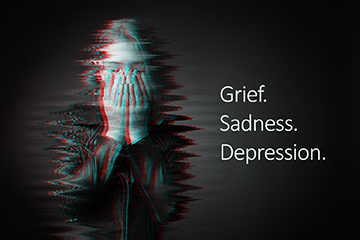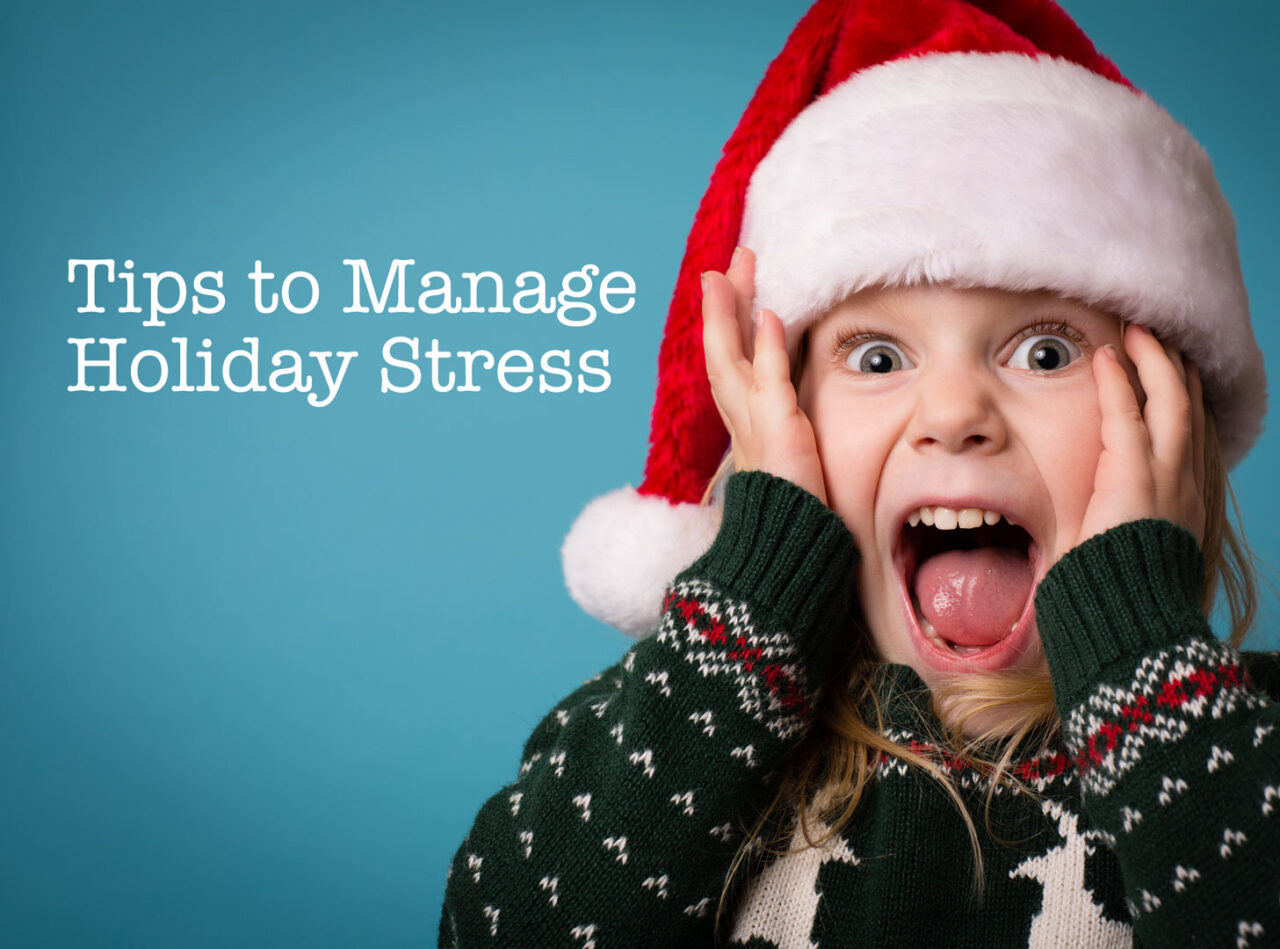The 5 stages of grief:
-
-
-
- Denial
- Anger
- Bargaining
- Depression
- Acceptance
-
-
Denial
Denial is a normally an immediate and temporary response, that carries you through the first wave of pain, you might even doubt the reality of the loss at first. But when you are ready, the feelings and emotions you have denied will surface, and your healing journey will commence.
Anger
It is common to feel anger toward the situation or person you lost. In reality, you understand the person isn’t to blame, but emotionally, you may feel like you resent them for leaving you.
Bargaining
Guilt might rear its head during this stage, your emotions might be trying to regain some control. Non of this is uncommon and as hard as it might feel, this helps you face the reality of your loss.
Depression
Depression, or sadness, is a natural and appropriate response to grief. As you start to face the reality of your loss, the realization may lead you to feel varying degrees sadness to great despair.
Acceptance
An important stage. Accepting the loss you’ve experienced, learning to live with it, and how you will readjust your life accordingly. This may not be the end of your grief, moving back-and-forth between these stages is natural and a part of the healing process. Everyone is different, don’t try to rush it.
Everyone experiences grief differently, you might feel your own grieving process isn’t going “according to the norm” but there is no such thing as a right or wrong way to grieve while of coping with loss.
If you feel you might need a little extra help dealing with grief, contact us now to schedule an appointment with a fully trained and compassionate therapist: APPOINTMENTS









